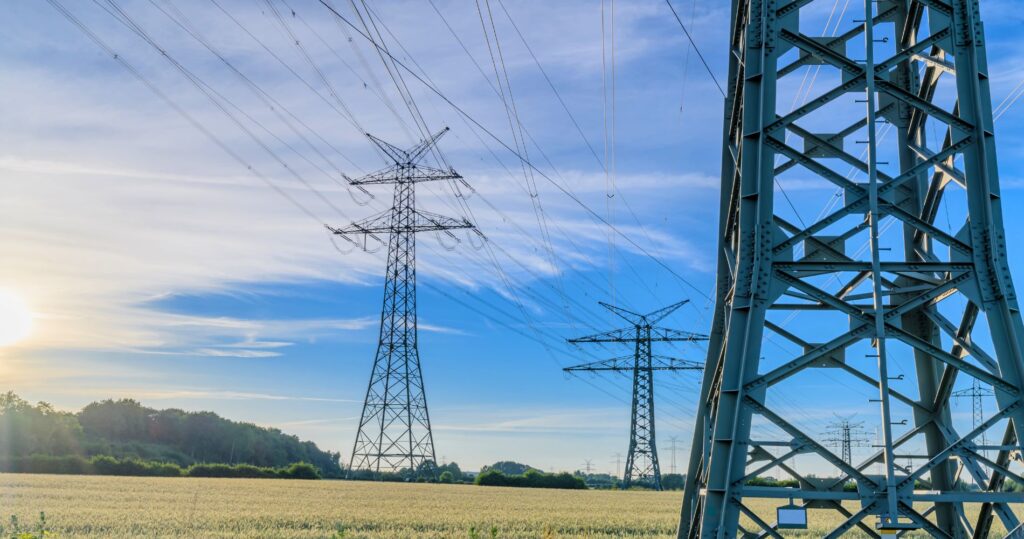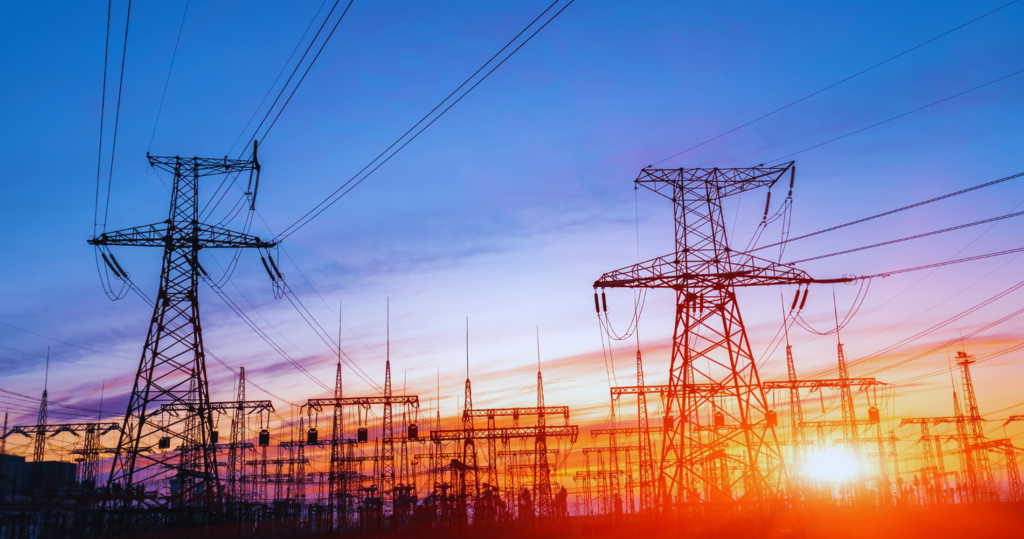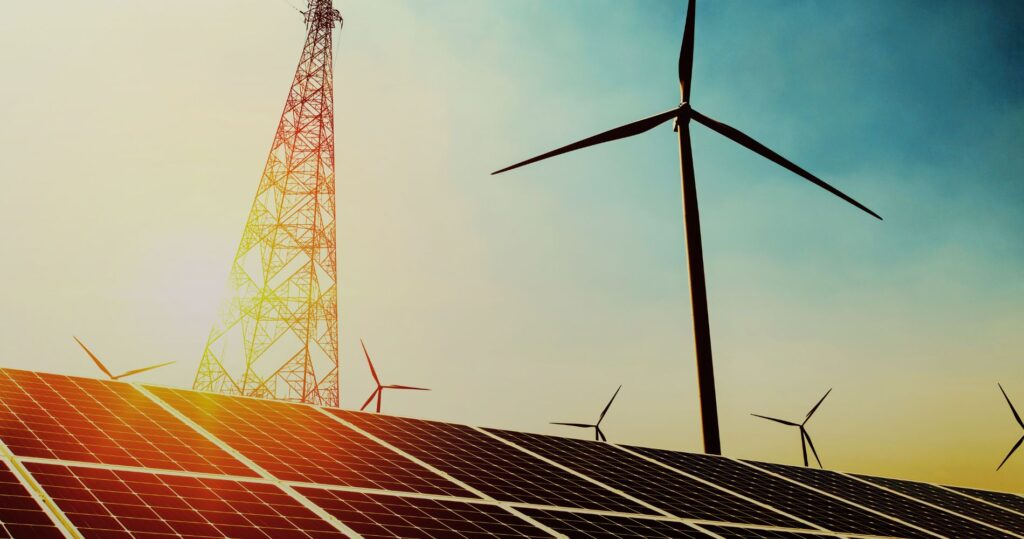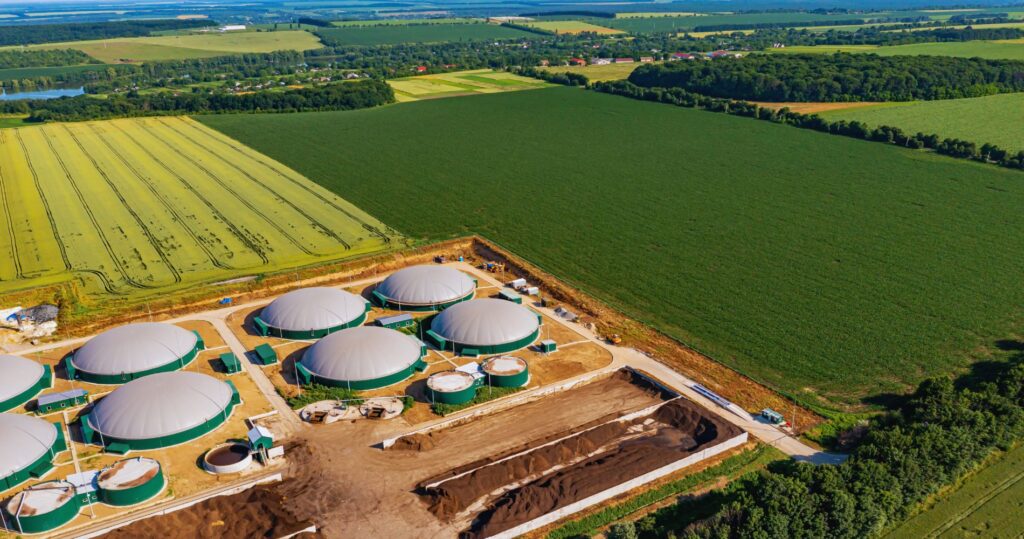Green hydrogen is a form of energy obtained from the electrolysis of water using electricity from renewable sources such as solar and wind. This type of hydrogen is considered essential for the energy transition as it does not emit greenhouse gases during production. Its importance in the energy matrix lies in its potential to replace […]
What is the Energy Transition and What Does Decarbonization of the Economy Mean? The energy transition refers to the process of transforming the global energy system, replacing fossil fuels like oil, coal, and natural gas with renewable and sustainable sources such as solar, wind, and hydroelectric power. This movement is driven by the urgent need […]
ESG, standing for Environmental, Social, and Governance, is an increasingly relevant approach in corporate and investment decisions. These criteria are essential for assessing a company’s commitment to sustainable and responsible practices, indicating a global movement towards more conscious and ethical operations. The Environmental pillar of ESG focuses on business practices related to environmental sustainability, which […]
The debate on climate change and energy transition is crucial at a time when we face unprecedented environmental challenges. This article examines the urgent need for international collaboration to address these challenges and explore the opportunities offered by the transition to cleaner, more sustainable energy sources.
Brazil, a country recognized for its diversity and natural wealth, has positioned itself prominently in the global clean and renewable energy scenario. Since the mid-20th century, the country has followed a pioneering path in the energy transition, anticipating global trends and establishing a model for other nations. This article explores Brazil's journey towards a more sustainable energy future, highlighting its importance not only for the local environment, but also as a global example of innovation and commitment to sustainability.
As the world becomes more aware of the environmental and social impacts of its actions, the Brazilian logistics sector is at the forefront of adopting ESG (Environmental, Social, and Governance) practices. This article addresses the innovations and challenges faced by the sector, with a special look at the contribution of sustainable initiatives such as the use of biomethane.
The Earth faces significant environmental challenges, from polluting the oceans to destroying forests. In response, the global community mobilized, resulting in the Paris Agreement in 2015 aimed at limiting global warming. COP 27 reinforced the urgency of climate action, highlighting the need for food security and cuts in gas emissions.









